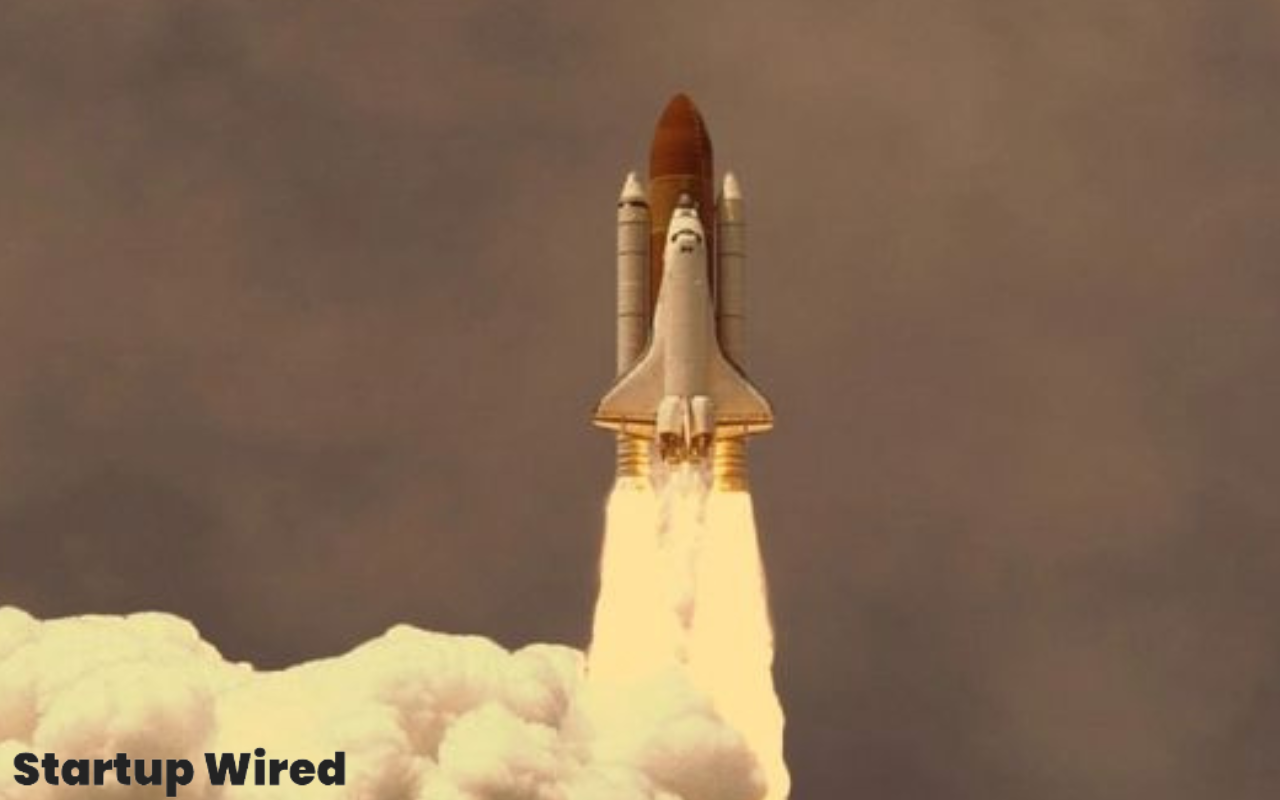Skyroot Aerospace, founded in July 2018 by former scientists of the Indian Space Research Organisation (ISRO), has emerged as a groundbreaking player in India’s space sector. Led by pioneers Pawan Kumar Chandana and Naga Bharath Dhaka, with support from entrepreneurs and strategic investors, the startup has reached significant milestones, shaping the future of space exploration in the country.
Skyroot Aerospace: Pioneering the Future
Skyroot Aerospace made history by becoming the first startup to sign a Memorandum of Understanding (MoU) with ISRO, setting the stage for collaborative advancements in space technology. The company’s mission is to develop small satellite launch vehicles, making space access more affordable. With an initial funding injection of $4.3 million from aerospace firm Solar Industries, Skyroot envisions a future where space is open to all, leveraging homegrown technology and expertise.
The Journey of Skyroot: From Raman-1 to Vikram 1
In 2020, Skyroot gained prominence with the test-firing of Raman-1, a hypergolic fuel upper-stage engine. This marked a significant achievement, especially considering it was part of Vikram-1-1, making Skyroot the first organization to test such engines. Subsequent tests included rocket engines like Kalam-5 and Kalam-100, paying tribute to the visionary A.P.J. Abdul Kalam. The startup made history in 2022 with the launch of Vikram-S, India’s first privately built rocket, under the mission “Prarambh,” symbolizing a new beginning.
In 2023, Skyroot’s innovation continued with the announcement of Vikram 1, a multi-stage launch vehicle expected to deliver satellites in early 2024. The startup’s achievements garnered attention, culminating in a substantial funding boost of 225 crores from Singapore’s Temasek Holdings.
Market Potential and Collaborations
A study indicates that the global space industry is poised to reach $40 billion by 2040, with India having the potential to contribute significantly, possibly surpassing top spacefaring powers like the US and China. Skyroot’s collaboration with ISRO, marked by an NDA, has been pivotal in accessing facilities and expertise, driving advancements in rocket engines and launch vehicles.
In 2022, Skyroot secured $11 million in funding from Greenko Group, part of a larger series B funding round that raised $21.5 million. Furthering its capabilities, Skyroot partnered with Bellatrix Aerospace in July 2023, aiming to utilize their spacecraft, the Orbital Transfer Vehicle (OTV), to transport satellites between different orbits. These collaborations position Skyroot as a key player in the evolving landscape of space technology.
Awards and Recognitions
Skyroot Aerospace has earned accolades for its contributions to the space sector. The startup emerged as the winner of the National Startup Awards 2020 and received the Aegis Graham Bell Award for Jury Choice in the same year. Additionally, it secured the 7th position on LinkedIn’s 2021 Top Startups List in India, highlighting its impact on the startup ecosystem.
The Way Forward: Transforming Aerospace
The establishment of an Indian space center was driven by the goal of achieving self-reliance, aligning with the concept of ‘Swadeshi’ or autonomy. India’s pursuit of independent space exploration showcased its hidden potential. Skyroot Aerospace’s success exemplifies the possibilities that can be realized when India channels its capabilities effectively. Ensuring equal opportunities for both the public and private sectors is crucial for sustained growth and advancements in the aerospace industry.
Skyroot Aerospace’s journey from a startup with a vision to a key player in India’s space sector underscores the nation’s commitment to innovation and self-reliance. With strategic collaborations, pioneering launches, and a focus on cutting-edge technology, Skyroot is shaping the narrative of India’s space exploration. As the startup continues to reach new heights, it stands as a testament to the potential of indigenous space ventures and their role in transforming the aerospace landscape.
